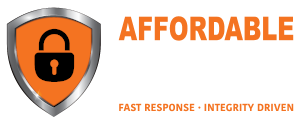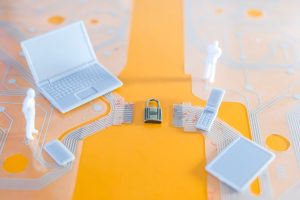The term “personally identifiable information,” or “PII,” refers to any information that can identify a particular person. If an unauthorized party steals your PII, it could use it for illegal activities such as breaking into secured areas, making unlawful transactions in your name, or even stealing your identity entirely. You must have some knowledge about protecting your personally identifiable information to prevent any unfortunate situations from occurring. Both online and offline executions of this procedure are required.
Physical Measures to Protect Your PII
Even though we now conduct most of our business online, if you are not vigilant, hackers can still access a lot of your physical data. Your name, address, and bank or credit card account numbers are all found on postal mail, account statements, and utility bills. As a result, you must protect these records from data thieves.
Discreet Storage
The secure storage of your papers is an important step in securing your personally identifiable information. Start by installing a lock on your mailbox, which is now required. You can also use a private PO Box where only you have access to your mail. It’s also wise to store your vital papers in a fireproof safe at home rather than a cardboard box or dresser drawer.
Look Over Your Mail
When you get your bills and account statements, look them over carefully to see if there are any strange charges. Even better, instead of waiting for the bill to arrive in the mail, you can check your statement online regularly. Because your PII is frequently included in mail, mail theft is a widespread problem.
Employ a Shredder
Even if you no longer need your bank statements or other financial records, never throw them away. Dumpster diving is a common habit among hackers as they look for any data that will aid in their nefarious activities. Purchase a personal shredder that you can use to dispose of confidential documents safely.
Keep Your PII Safe Online
Since practically everything is now online, hackers can access data much more easily. To protect your PII, you must navigate the web with extreme caution.
Select Reliable Passwords
Strong passwords combining letters, numbers, and other special characters will make them difficult to crack. For increased protection, change your passwords at least once every month.
Use Just One Credit Card
The likelihood that a hacker may use your cards for illegal activity increases with the more cards you use for online purchasing. Reduce this risk by using just one card, this will keep your PII safer and less likely to be stolen.
Browse With Care
Always be on the lookout when you are browsing the web, reading your email, or accessing your social media accounts. Ignore pop-ups and don’t click on dubious links or attachments as they almost certainly contain malware.
PII: What to Do If You Believe You Have Been Hacked
Even if you have taken all the precautions to protect your data, there are some important things that you need to address immediately. We firmly advise that you adhere to our 10-step action plan rather than erupting into a full-blown panic. The advice in our Free Cybersecurity Ebook will put you on the path to recovery much more quickly and give you a decent chance of recovering your data and restoring total control of your network, even if you might initially feel helpless. Check out the many helpful tools we have by giving us a call, if you want to learn more about securing your network and safeguarding your personally identifiable information.






